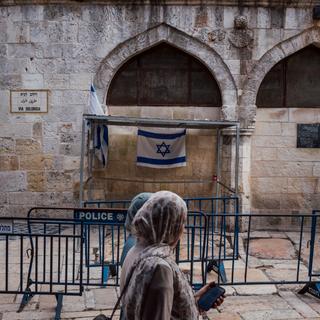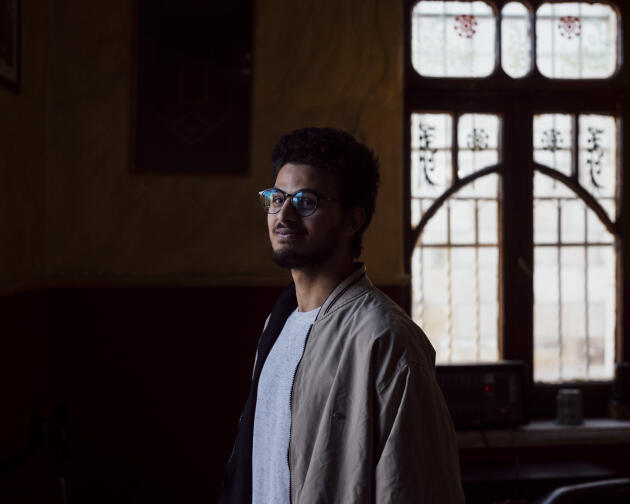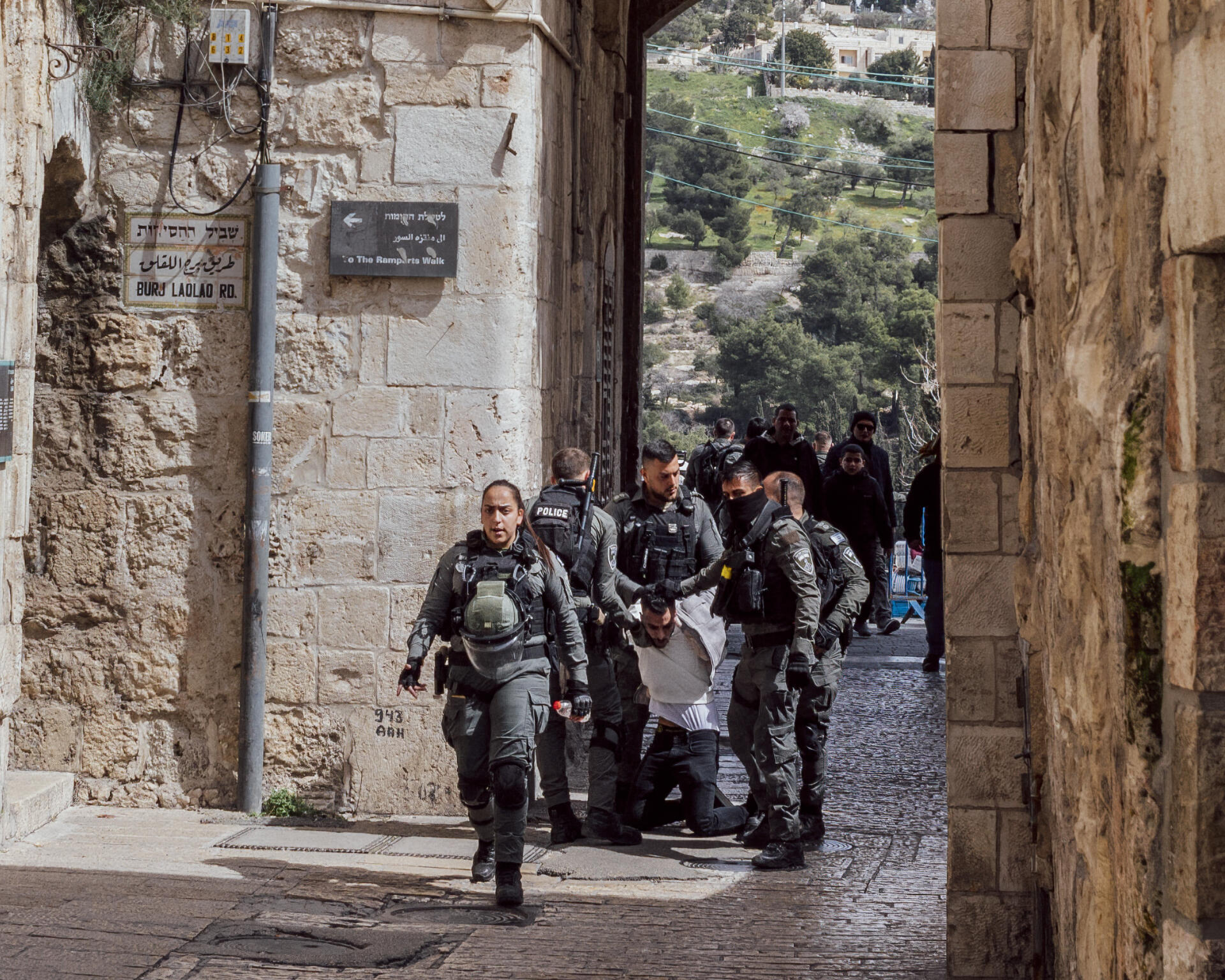


East Jerusalem prepares for a Ramadan unlike others
FeatureAl-Aqsa, Islam's third holiest site, is gearing up for a special religious holiday amid the war in Gaza, the provocations of Hamas, and the messianic aims of Jewish supremacists.
On Friday, March 1, a young Palestinian wearing the glasses of a serious student tried his luck at one of the 11 gates that give Muslims access to the Al-Aqsa Mosque. Israeli security forces turned him away. R., the young man (he asked to remain anonymous), ventured to another gate and then another, but it was in vain. Restrictions were firmly enforced on this day of prayer. Access to the compound is forbidden to men aged between 15 and 50.
R. at least managed to get past the guards to enter Jerusalem's Old City, pretending he was going to take music lessons. Since the Hamas attack on October 7, 2023, he has not been able to go and pray at the Noble Sanctuary, a vast esplanade whose entire surface is considered a mosque, and one of Islam's holiest sites after Mecca and Medina. He expects not to be able to return during Ramadan, which is about to begin.


Following the Hamas attack on October 7, the Israeli authorities initially restricted entry to Jerusalem's Old City. Only residents were allowed to enter. After three weeks, access was gradually reopened, except for the Al-Aqsa Mosque, where 5,000 worshippers were able to pray on October 27, instead of the usual 50,000. Since then, age limits have been maintained.
The compound, a religious site and Palestinian national symbol, is one of the flashpoints of the Israeli-Palestinian conflict. Ariel Sharon's visit in 2000 was one of the causes of the outbreak of the second Intifada. In recent years, Hamas, in a bid to break through its confinement in Gaza and to inflame religious and regional tensions, has been trying to establish itself as the protector of the Noble Sanctuary.
The Islamist movement provoked the May 2021 war partly as a result of successive Israeli police raids on the esplanade, causing hundreds of injuries among worshippers. The overflow strategy was all too successful, with the attack triggering a wave of riots among Israel's Palestinians, particularly in mixed towns where Arabs and Jews live side by side. The October 7 attack was dubbed the "Al-Aqsa Flood" by Hamas.
'Very dangerous game'
Provoking confrontation is also the aim of certain Jewish extremists, who see Al-Aqsa first and foremost as the Temple Mount, where Judaism's sacred edifice stood twice before it was destroyed by the Romans in 70 CE. The Western Wall – also known as the Wailing Wall – is one of the last vestiges. Although access to the compound is forbidden by the majority of rabbis, a movement of settlers and messianic extremists – both Jewish and Christian – wants to seize it to rebuild a Third Temple and destroy the Muslim sites. In the meantime, they go there to pray, more or less openly, in violation of the status quo established in 1967, after the Israeli conquest of the city: The esplanade is a Muslim place of worship and all other religious practices are excluded.
You have 56.56% of this article left to read. The rest is for subscribers only.
